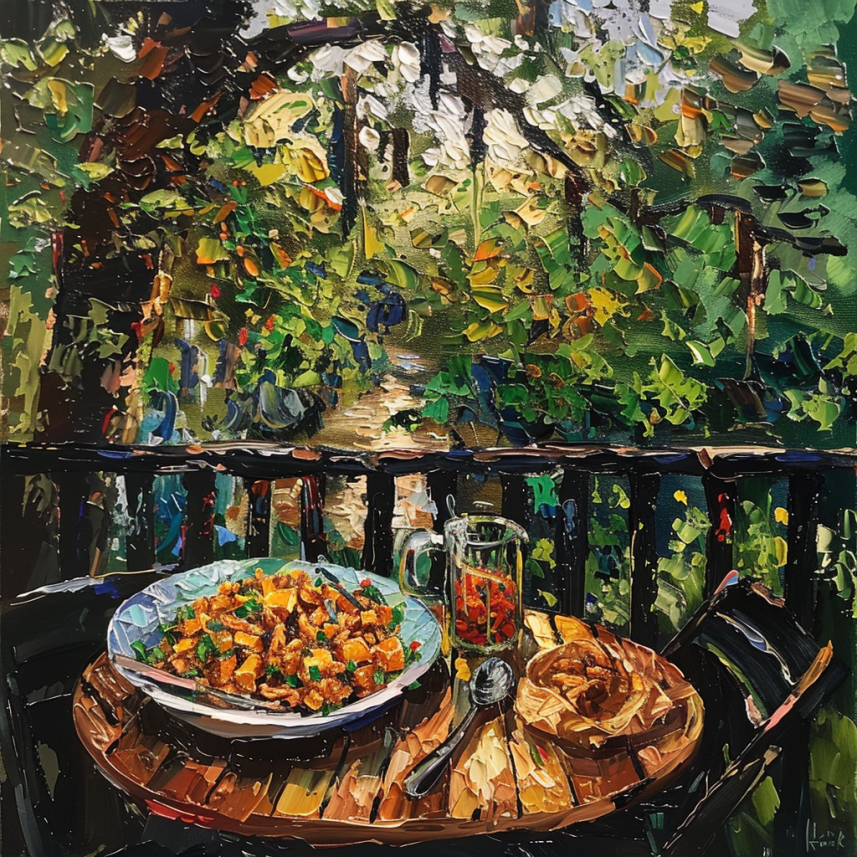
Hank Williams, a cornerstone of American country music, has left an enduring legacy with his soulful voice and timeless songs. Born in 1923 in Mount Olive, Alabama, Williams began his meteoric rise to fame in the late 1940s, crafting hits that have become integral to the country music canon. One of his most beloved tracks, “Jambalaya (On the Bayou),” released in 1952, captures the spirit of Louisiana’s vibrant culture and invites listeners to revel in the simple pleasures of life.
“Jambalaya (On the Bayou)” is a celebration of the lively, communal lifestyle of the Louisiana bayou. The song, with its upbeat tempo and joyful lyrics, paints a vivid picture of a Cajun feast and dance, where jambalaya, crawfish pie, and filé gumbo are served amidst merriment and music. The title itself, referencing a classic Creole dish, emphasizes the song’s deep roots in Louisiana’s culinary and cultural traditions.
Williams penned the song with a nod to the region’s French Creole and Cajun heritage, incorporating local dialect and themes. The song’s characters, such as Yvonne and Thibodeaux, along with references to pirogues (a type of boat) and bayou life, create a rich tapestry that celebrates the area’s unique way of life. Through its vivid storytelling, “Jambalaya” transports listeners to the heart of a Louisiana gathering, where the pressures of daily life are set aside in favor of joy and togetherness.
In today’s fast-paced world, the message of “Jambalaya (On the Bayou)” resonates deeply. The song reminds us to cherish life’s fleeting moments and savor the simple joys. Life is often short and unpredictable, much like a sudden Louisiana storm, and Hank Williams’ cheerful anthem encourages us to embrace every opportunity for celebration and connection.
The imagery of gathering with loved ones, sharing a hearty meal, and dancing to spirited music is a poignant reminder of what truly matters. These small, joyous moments are the threads that weave the fabric of a fulfilled life. Just as the people in the song come together to enjoy a meal and each other’s company, we too should prioritize the little experiences that bring happiness and meaning.
Hank Williams’ own life was marked by both incredible success and profound struggle, culminating in his untimely death at the age of 29. His ability to capture the essence of human emotion in his music, particularly the joy found in “Jambalaya,” is a testament to his enduring genius. Despite his short life, Williams’ work continues to inspire and uplift, reminding us to appreciate the present and the warmth of community.
“Jambalaya (On the Bayou)” remains a beloved classic, its infectious melody and heartwarming lyrics serving as a celebration of life’s simple pleasures. As we listen to the cheerful strains of Williams’ voice, we are reminded to take a step back from our hectic routines and immerse ourselves in the joy of the moment. Whether it’s a family dinner, a gathering with friends, or a quiet evening at home, these are the instances that enrich our lives and create lasting memories.
In essence, “Jambalaya (On the Bayou)” is more than just a song; it’s an invitation to live fully and appreciatively. Hank Williams’ legacy, immortalized through this timeless tune, teaches us that amidst life’s brevity, the key to true contentment lies in enjoying the little things—just as the folks on the bayou do, with laughter, love, and a hearty bowl of jambalaya.
